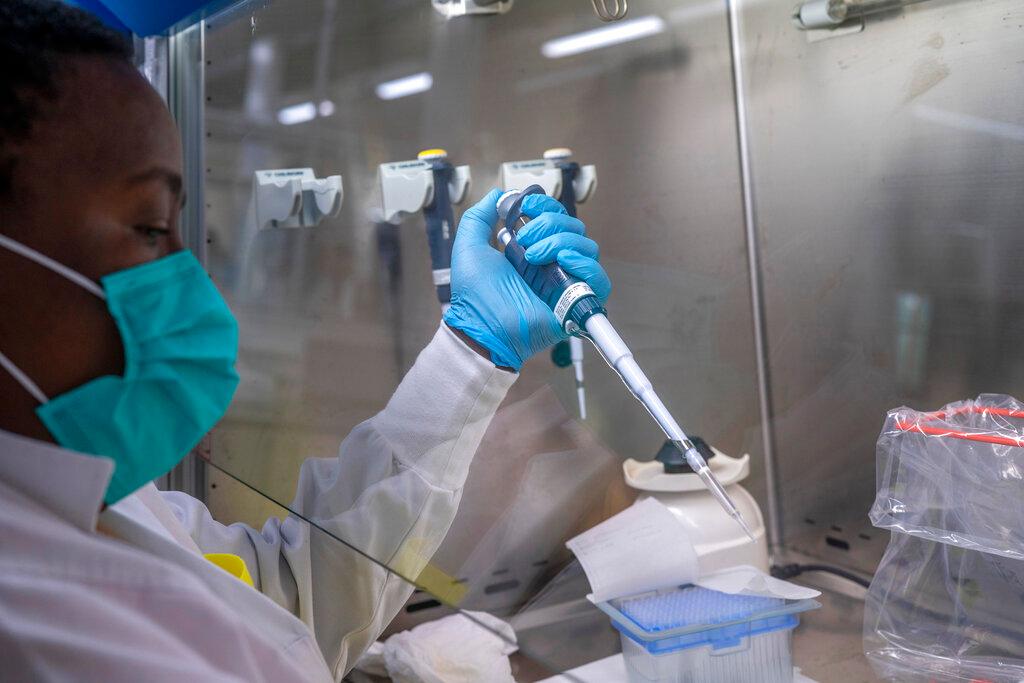South Africa is seeing another surge of COVID-19 cases, after the number of new positive infections reported in the region had continued its downward trend despite increased testing, according to South African National Institute of Communicable Diseases (NICD) data.
The NICD on Dec. 14 reported 23,884 new COVID-19 cases in South Africa, bringing the total number of confirmed cases to 3,204,742. The figure represented a 34.9 percent positivity rate, the institute said, noting that there had been an increase of 599 hospital admissions in the past 24 hours.





